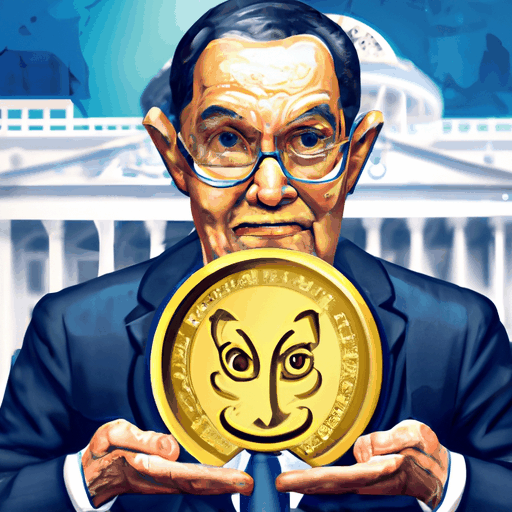
House Democrats Introduce The MEME Act To Curb Crypto Profiteering By Officials
By: Isha Das
In a strategic move to tackle potential conflicts of interest and profiteering in the burgeoning cryptocurrency market, House Democrats have proposed the Modern Emoluments and Malfeasance Enforcement (MEME) Act. The newly introduced bill seeks to impose stringent restrictions on high-ranking government officials, including the president, vice president, Congress members, and senior executive officials, preventing them from issuing, promoting, or reaping financial benefits from cryptocurrencies, especially memecoins.
The MEME Act, championed by US Democratic Congressman Sam Liccardo, aims to "make corruption criminal again" by expanding upon the existing Emoluments Clause. This legislation is designed to curb governmental profiteering from securities, commodities, and cryptocurrencies using public influence. Backed by several Democratic colleagues, the bill is a direct response to recent controversies involving high-profile memecoins like "TRUMP," which highlighted risks of exploitation in political offices.
The instigation for the MEME Act arises from concerns surrounding the launch of memecoins linked to public figures such as former President Donald Trump and First Lady Melania Trump. These tokens demonstrated extreme volatility, witnessing surges in valuation followed by abrupt crashes. Liccardo emphasized that such scenarios led to significant financial losses for retail investors, with the main beneficiaries being those closely tied to the political figures involved. The MEME Act proposes not only prohibitions but also penalties and forfeitures for any illicit gains before its enactment.
Despite its clarity of purpose, the MEME Act faces substantial legislative challenges, primarily due to the Republican-controlled Congress. While the bill's passage may appear unlikely under the current political climate, Liccardo sees it as a pivotal step in setting a legislative foundation for potential future action, especially if Democratic power is regained. This proposal underscores the necessity for precise regulation within the fast-evolving cryptocurrency sphere to protect investors and uphold integrity in public offices.



